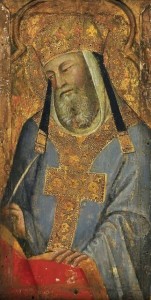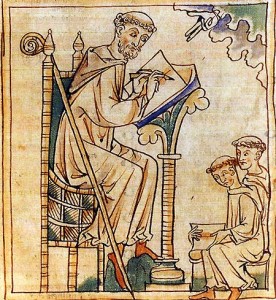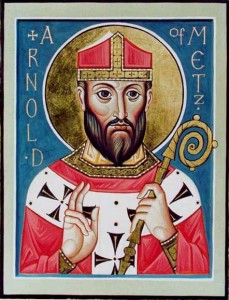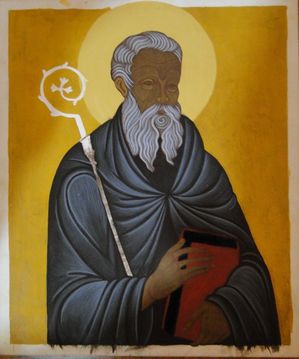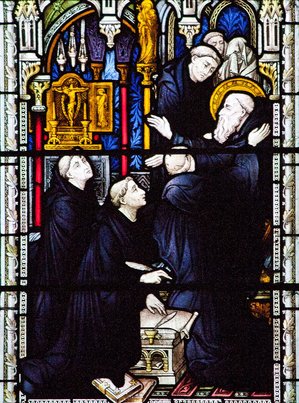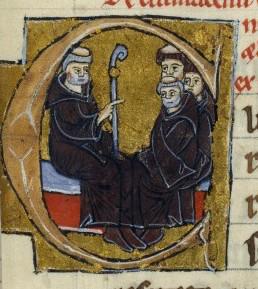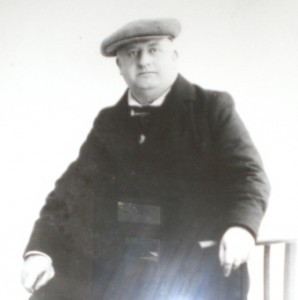 Today –at least in the Benedictine world– is the liturgical memorial of Blessed Columba Marmion (1858-1923). Dublin born and educated, Joseph Marmion first found his vocation as a secular priest before giving himself as a Benedictine monk at the Abbey of Maredsous in Belgium. In 1909, Dom Columba Marmion was elected of Abbot of Maredsous.
Today –at least in the Benedictine world– is the liturgical memorial of Blessed Columba Marmion (1858-1923). Dublin born and educated, Joseph Marmion first found his vocation as a secular priest before giving himself as a Benedictine monk at the Abbey of Maredsous in Belgium. In 1909, Dom Columba Marmion was elected of Abbot of Maredsous.
The cause for possible sainthood was opened on 7 February 1957. The Church authorities certified miracle at Marmion’s intercession of a Minnesota woman in 1966. When Blessed John Paul beatified Marmion in 2000, he determined this date, that of his abbatial blessing, rather than on the day of his death, as the day the Church would honor the holy abbot.
Blessed Columba is the author of Christ, the Life of the Soul (1917), Christ in His Mysteries (1919), Christ, the Ideal of the Monk (1922) –all which is a revealing Christology. Blessed Marmion has helped us focus on the Lord and to keep before our eyes our redemption through His merciful love.
Let’s pray for the Benedictine monks, nuns, sisters and oblates, but let’s particularly pray for Abbot John and the monks of Marmion Abbey (Aurora, IL) on their patronal feast.
